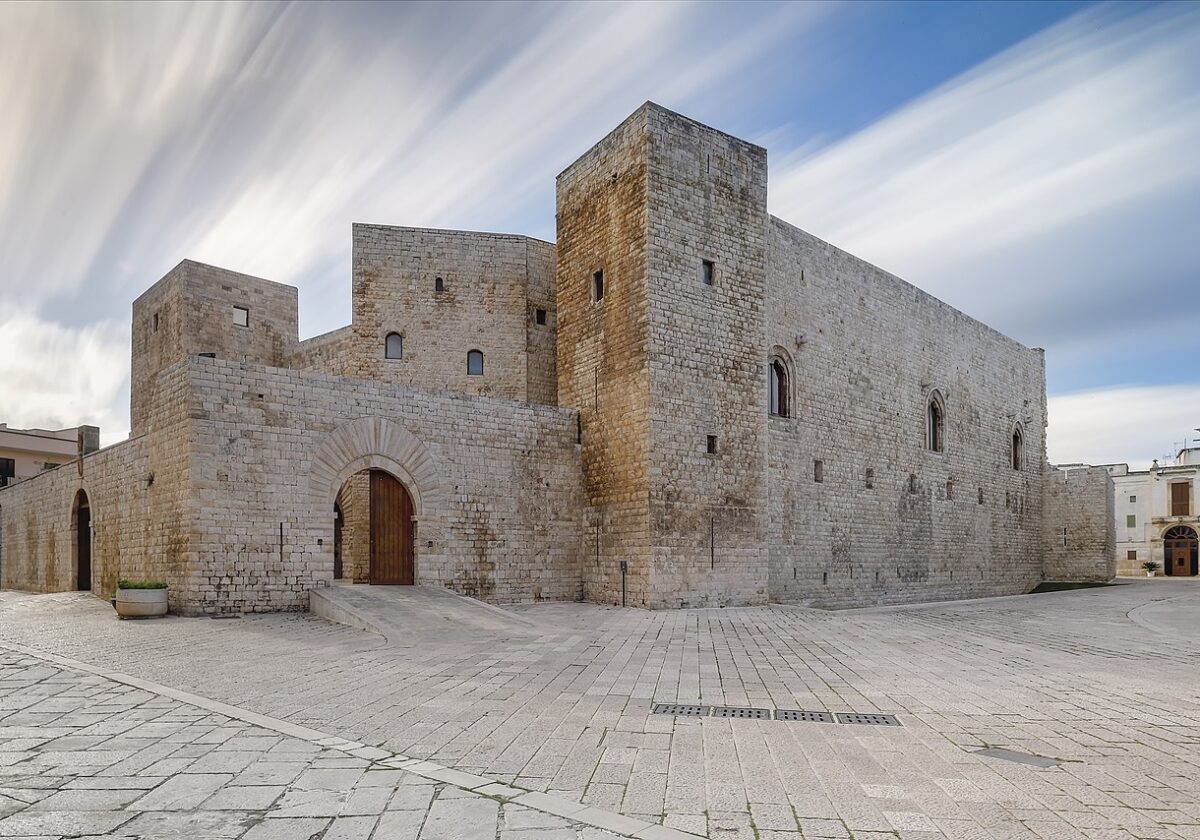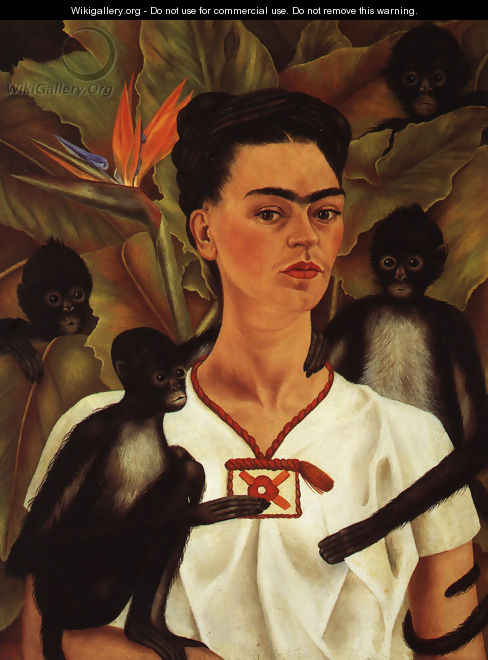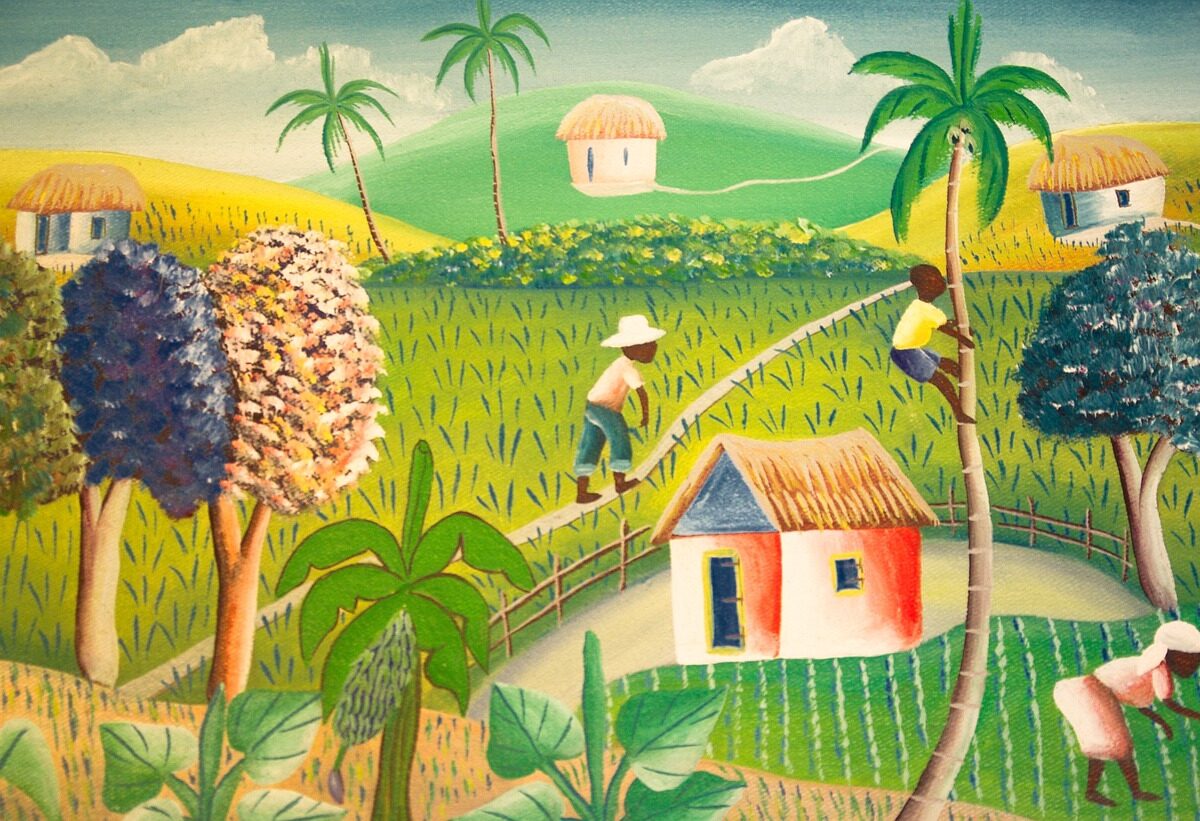Library Reads describes Hunting Season: Immigration and Murder in an All-American Town By Mirta Ojito, as a book which, “chronicles the events leading up to the 2008 murder of an undocumented Ecuadorian immigrant on Long Island, detailing the reactions of family and community members, government officials, civic leaders and public library staff. A nuanced and in-depth look at hate crimes, and a powerful story that deserves to be told.”
The true story of an immigrant’s murder that turned a quaint village on the Long Island shore into ground zero in the war on immigration
In November 2008, Marcelo Lucero, a thirty-seven-year-old undocumented Ecuadorean immigrant, was attacked and murdered by a group of teenagers as he walked the streets of the Long Island village of Patchogue accompanied by a childhood friend. The attackers were out “hunting for beaners.” Chasing, harassing, and assaulting defenseless “beaners”—their slur for Latinos—was part of their weekly entertainment, some of the teenagers later confessed. Latinos—primarily men and not all of them immigrants—have become the target of hate crimes in recent years as the nation wrestles with swelling numbers of undocumented immigrants, the suburbs become the newcomers’ first destination, and public figures advance their careers by spewing anti-immigration rhetoric.
Lucero, an unassuming worker at a dry cleaner’s, became yet another victim of anti-immigration fever. In the wake of his death, Patchogue was catapulted into the national limelight as this formerly unremarkable suburb of New York became ground zero in the war on immigration. In death, Lucero became a symbol of everything that was wrong with our broken immigration system: fewer opportunities to obtain visas to travel to the United States, porous borders, a growing dependency on cheap labor, and the rise of bigotry.
Drawing on firsthand interviews and on-the-ground reporting, journalist Mirta Ojito has crafted an unflinching portrait of one community struggling to reconcile the hate and fear underlying the idyllic veneer of their all-American town. With a strong commitment to telling all sides of the story, Ojito unravels the engrossing narrative with objectivity and insight, providing an invaluable look at one of America’s most pressing issues.
Mirta “Ojito has received several awards, including the American Society of Newspaper Editor’s writing award for best foreign reporting in 1999 for her stories about life in Cuba, and a shared Pulitzer for national reporting in 2001 for a New York Times series about race in America. She is a graduate of Florida Atlantic University and of the mid-career master’s degree program at Columbia University’s Graduate School of Journalism, where she now works as a full time assistant professor. You can tweet her @MirtaOjito
Start reading!







nike outlet
salomon boots
patriots jerseys
nike store
hermes belt
rolex replica watches
abercrombie and fitch kids
michael kors handbags
cheap oakley sunglasses
cheap michael kors handbags
This comment has been removed by the author.
Well, it’s a nice one, I have been looking for. Thanks for sharing such informative stuff.
Schimmel & Samus LLC
29 Broadway Suite 1315, New York, NY 10006
212-587-8714
Schimmel & Samus LLC
When I originally commented I clicked the -Notify me when new surveys are added- checkbox and now when a comment is added I am four emails with the exact same comment. Is there any way you are able to get rid of me from that service? Thanks!
Provincial Nominee
2018418 leilei3915
mulberry outlet
michael kors outlet online
polo shirts men
ugg outlet
pandora jewelry
michael kors outlet clearance
true religion outlet
pandora jewelry
coach factory outlet online
valentino shoes
Wow, I guess you do learn something new everyday, more people should stumble onto this! You need some good SEO work! seo small business packages